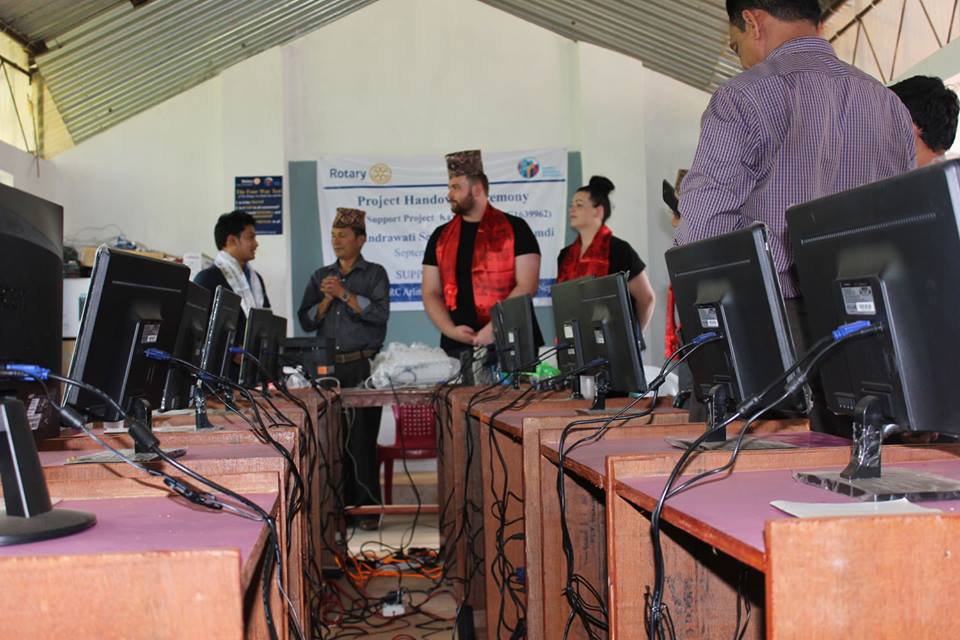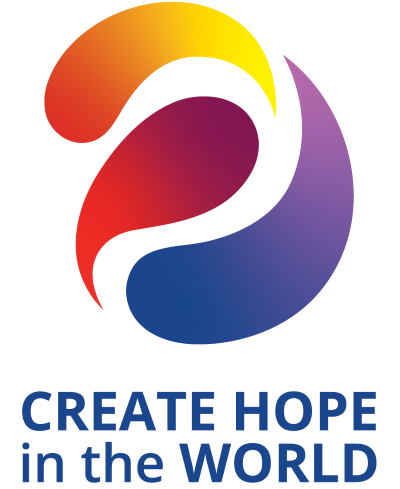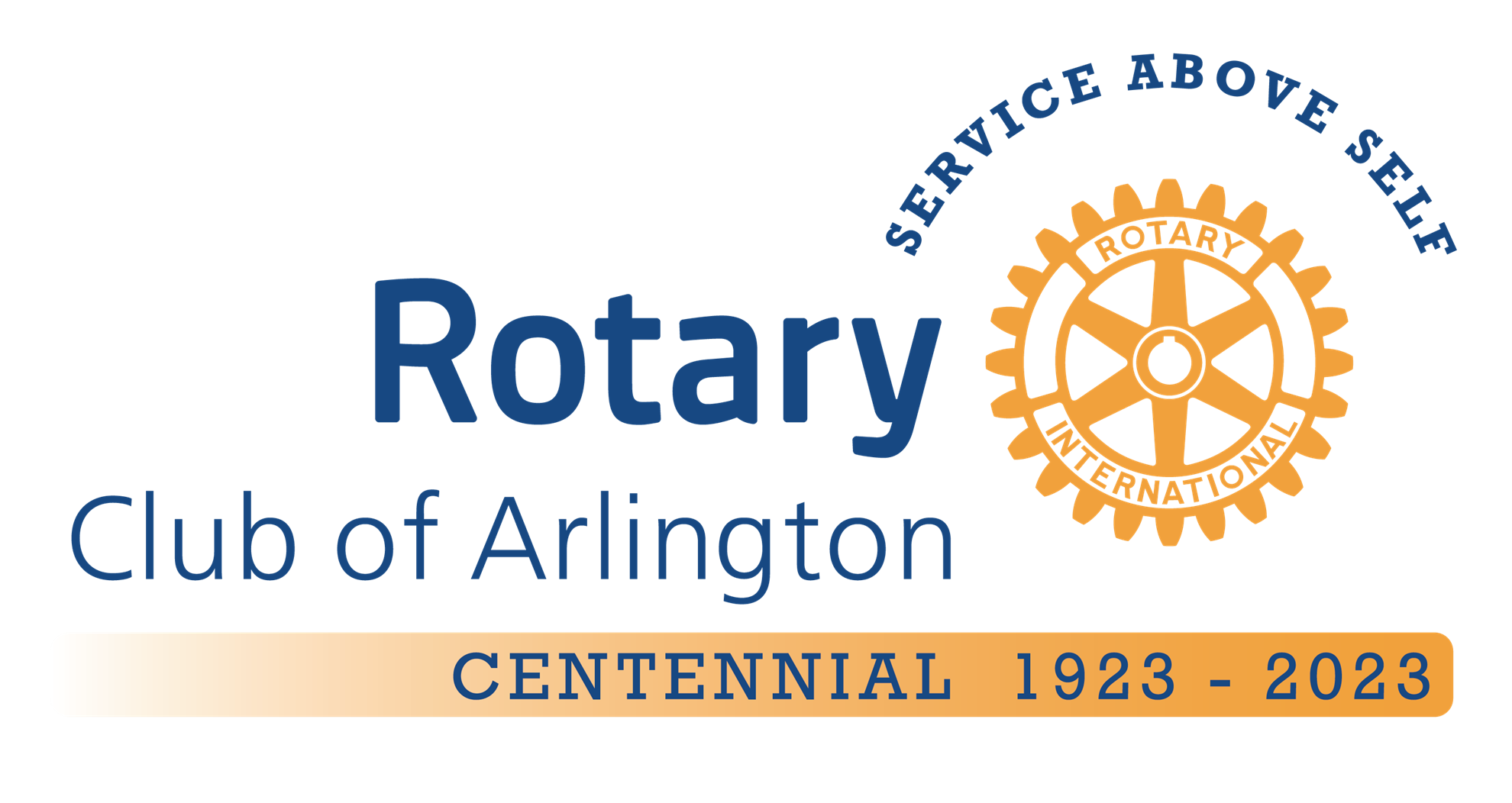Welcome
Rotary Club of Arlington in Honduras
Summary
The Rotary Club of Arlington, with the help of at least two-thirds of the clubs in District 5790 and clubs from two other districts, has spearheaded the deployment of 3305 water filters in the state of Gracias a Dios helping bring clean water to over 25,000 villagers and students at a cost of $350,000, funded by Rotarians and The Rotary Foundation.
Our goal is to provide a filter to every household in the state. With the recent completion of our latest grant, we have provided filters to over 3,000 of the estimated 10,000 homes in the state and approximately 25,000 of the estimated 80,000 people who live in the state.
The villagers are most appreciative. In fact, they often express concern for us being so far from home. We feel that this project truly represents and embodies the Rotarian spirit of “Service above Self.”
History
The Arlington Rotary Club began working to help the villagers in the La Moskitia region of the state of Gracias a Dios in Eastern Honduras in 2003. Arlington Rotarian, Al Clark, was friends with an Arlington High School teacher, Norma Love, who is from Honduras. The Club was interested in possible International projects and Norma informed Club Members about the needs and opportunities among the Moskito Indians in this area. With early support and involvement from Club Members including Steve Zimmer, Don Mebus and Val Gibson, Bob Griffin led efforts to assess the needs and recommend possible actions for the Club.
Initial efforts included a generator and a deep well. It became clear that clean water was a particular problem throughout the area and, eventually, efforts began to concentrate on this area of focus. An initial Matching Grant was submitted to and approved by The Rotary Foundation. This first grant in 2006 resulted in the installation of 72 shallow water wells in multiple villages. While the wells were initially successful, they were not sustainable long term and did not produce safe drinking water.
Based on multiple visits to villages and discussions with leaders and the local Health Department, it became clear that the greatest need was clean safe water. We heard on numerous occasions in the villages that villagers suffered from stomach cramps and diarrhea from drinking contaminated water. The only sources of drinking water in each village are the local rivers. Because there are almost no sanitation facilities in the entire state, all of the rivers are contaminated with feces from animals and humans.
A second Matching Grant was submitted in 2007 and this grant provided 165 biosand filters in five villages. Club Members visited each of the five villages before and after the filter installations by Rotarians from our Club. In every case, the problem with water quality had been substantial. The new filters in each village eliminated or greatly reduced sickness based on direct feedback from villagers in each of the five villages. In our first visit to a home in the village of Pranza, the lady of the house in which at least three women and seven children lived, told us the problem was major before the filters (especially among the children) and that cramps and diarrhea had been eliminated after the use of the filters. This same feedback was received from multiple homes in at least three of the villages where the filters were installed.
After the success of the second grant, a third grant was submitted, approved and begun in 2008. This grant included 400 biosand filters in nine villages in and around the large village of Auca. Results were again positive and two more grants were completed in 2009 and 2011. These grants totaled another 540 filters and an agricultural project (again, sustainability was a major problem) and thousands of doses of the antiparasitic drug, Albendozol. The Albendozol was given to the Health Department for dispersal though their local clinics. These grants brought our total number of filters installed to 1105 in approximately 25 villages helping almost 10,000 villagers.
Feedback from the Health Department, villagers, and leaders has been positive, and they are now able to focus on other community needs.
Recent Results
Our sixth and largest grant was completed in 2016. In this grant, we changed our filter type from Biosand filters to Sawyer filters. Sawyer filters have multiple advantages over biosand filters, including ease of transport and installation as well as easy maintenance. In addition, the installed cost is less than half that of the biosand filters. The lower cost and the size of our sixth grant (now known as a Global Grant) resulted in more than doubling the number of filters deployed. Of the 1200 Sawyer filters in this grant, 350 were placed in every schoolroom in the municipality of Puerta Lempira, the largest in the state of Gracias a Dios. This activity was coordinated with the mayor of the municipality, Edwardo Chow. Again, approximately 17,000 doses of Albendozol were given the Gracias a Dios Health Department for distribution throughout the area.
Currently
We have completed our seventh Global Grant which included a total of 1000 Sawyer filters. More than half of the filters were assembled and distributed by Rotarians on the ground in the barrios around Puerta Lempira and in the large village of Tikiraya located very remotely on the Kruta River in far eastern Honduras near what’s known as the Mosquito Coast. Through an interpreter, Rotarians also trained all of the villagers in the proper use and maintenance of the filters.
.png)
Children with tapeworms.
.png)
Rotarian Walter Virden in Honduras assembling the water filters.
.png)
Children sitting next to their new water filter system.
.png)
Community Leaders helping Rotarians teach villagers how to use the filters.
.png)
Drinking clean, filtered water.
Rotary Club of Arlington in Nepal
Summary
In April 2015, Nepal was hit with a devastating earthquake. Millions were left without homes, without clothing, and without food. Rotary International stepped in to help in a variety of ways, and this Global Grant is how our Rotary Club of Arlington was able to help. We determined that immediate needs were being taken care of in partnership with other organizations, but the children still didn't have a way to get back to school. We worked to raise funds and help these children regain some sense of normalcy in going back to a school where they could learn and develop and move forward in a positive way.
Rotary Club of Arlington & Global Grant 1639962
Project Name: School Support for Karve Nepal
Budget: USD 37,850
Partners: Rotary Club of Arlington, RID 7500, RID 5790, IED Nepal, and the Rotary Foundation
Objective: Enhance quality education
Project Details: Construct four Computer Labs with Projectors and 3-in-1 Printers; 20 desks with bench supports, toilet construction with disability friendly equipment, E-Midas software with training
Beneficiaries: 876 Students
.png)
Bathrooms for students prior to the new construction.
.png)
Constructing new bathrooms.

Computer lab grand opening.

